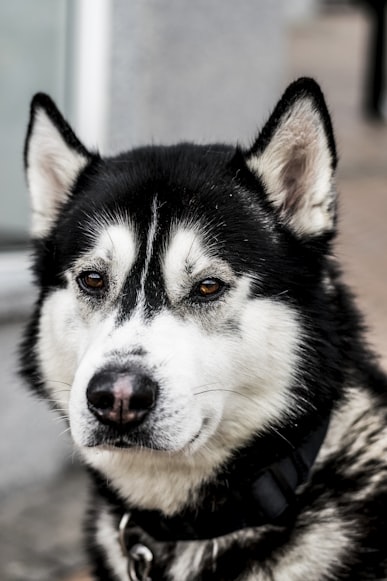Other considerations
Food allergies are an immune system reaction to a specific protein in food. Symptoms can include itching, hives, vomiting, diarrhea, and difficulty breathing. Food intolerances are a non-allergic reaction to food that can cause symptoms such as gas, bloating, diarrhea, and vomiting.
Common allergens in dog food include:
- Beef
- Chicken
- Dairy
- Eggs
- Soy
- Wheat
Common intolerances in dog food include:
- Grains
- Dairy
- Artificial flavors and colors
- Preservatives
The Role of Probiotics
Probiotics are live bacteria that are beneficial to the digestive system. They can help to improve digestion, reduce inflammation, and boost the immune system. Probiotics can be found in supplements, yogurt, and kefir.
Supplements for Sensitive Dogs
There are a number of supplements that can be helpful for dogs with food sensitivities. These supplements include:
- Digestive enzymes: Digestive enzymes help to break down food into smaller pieces so that they can be more easily digested.
- Probiotics: Probiotics can help to improve digestion and reduce inflammation.
- Antioxidants: Antioxidants help to protect the body from damage caused by free radicals.
- Omega-3 fatty acids: Omega-3 fatty acids have anti-inflammatory properties that can help to reduce skin and digestive problems.
It is important to talk to your veterinarian before giving your dog any supplements.
Other Considerations
In addition to diet and supplements, there are a number of other things that you can do to help your dog with food sensitivities:
- Avoid feeding your dog table scraps. Table scraps can contain ingredients that your dog is allergic to or intolerant of.
- Use a food bowl that is made of stainless steel or ceramic. Plastic food bowls can harbor bacteria that can trigger food sensitivities.
- Wash your dog’s food and water bowls regularly. This will help to remove any bacteria or allergens that could trigger food sensitivities.
- Keep your dog away from other dogs that are eating. Other dogs may be eating foods that your dog is allergic to or intolerant of.
- Be patient. It may take some time to find the right diet and supplements for your dog. With patience, you can help your dog to live a happy and healthy life.



















